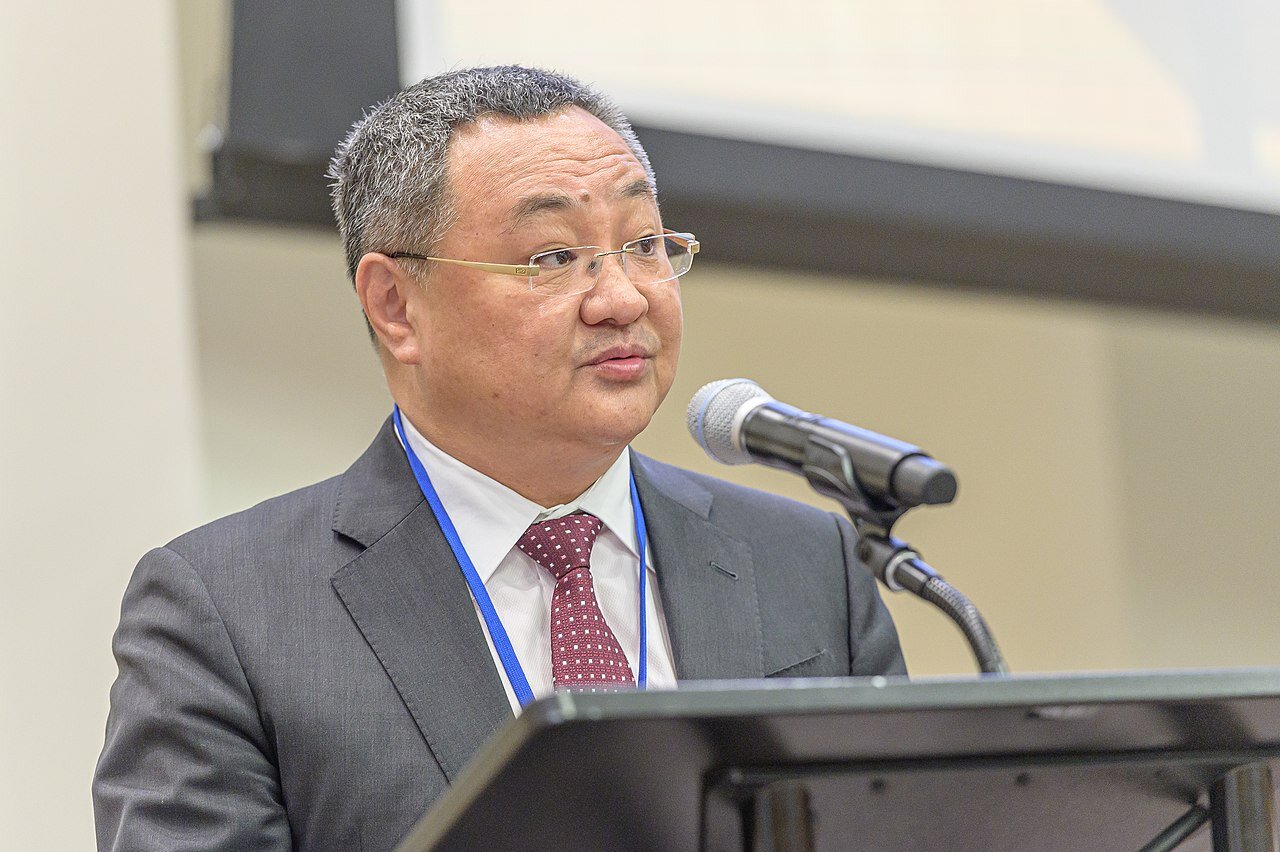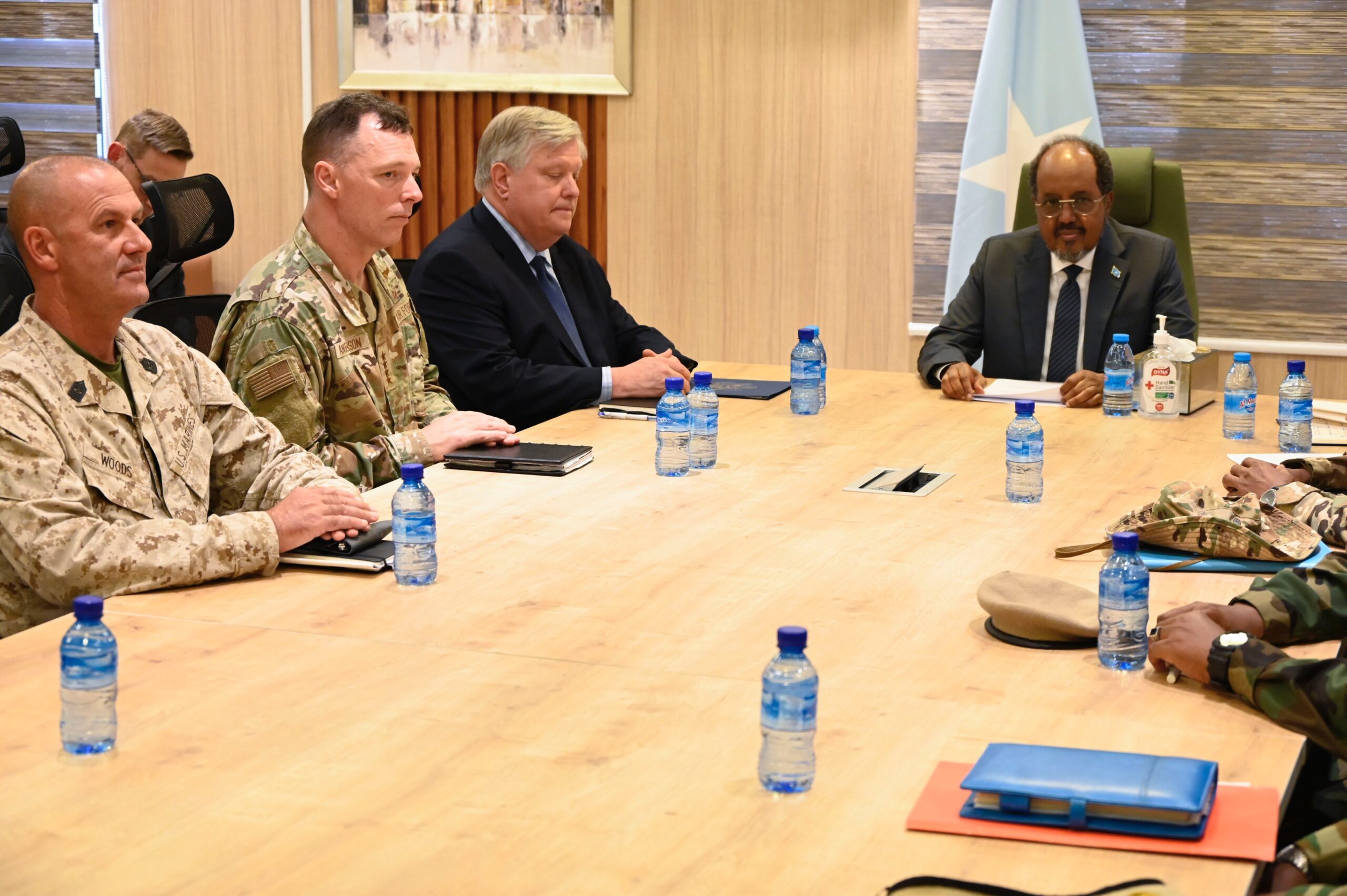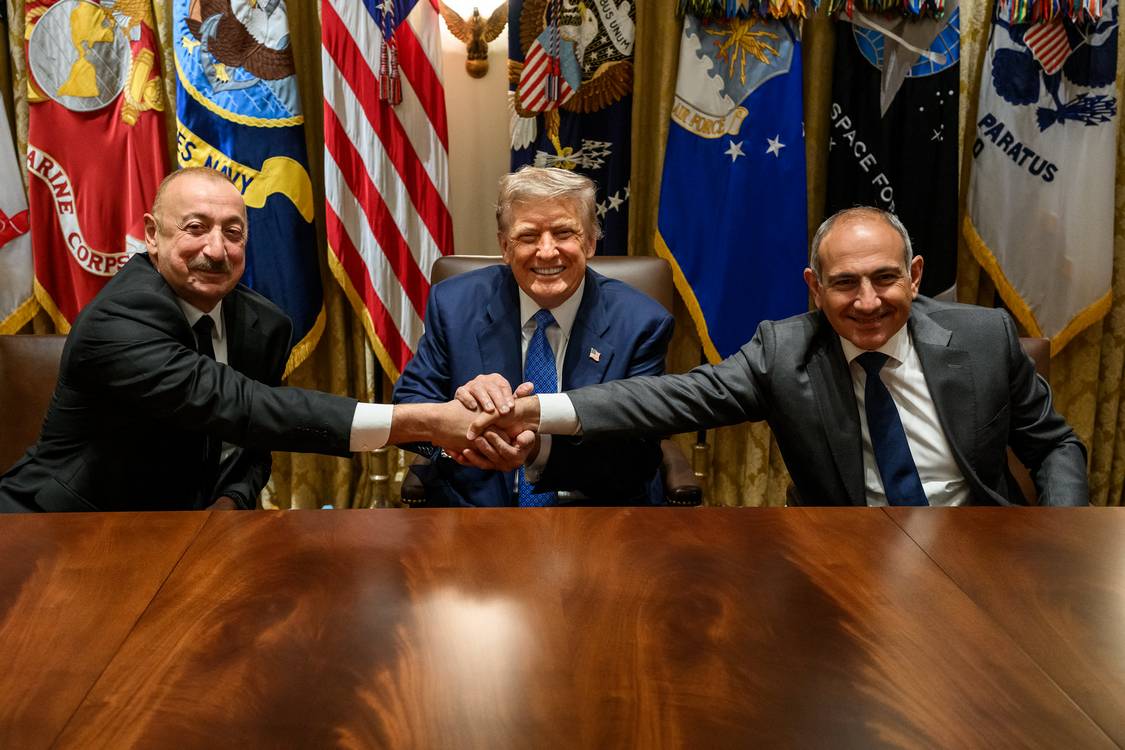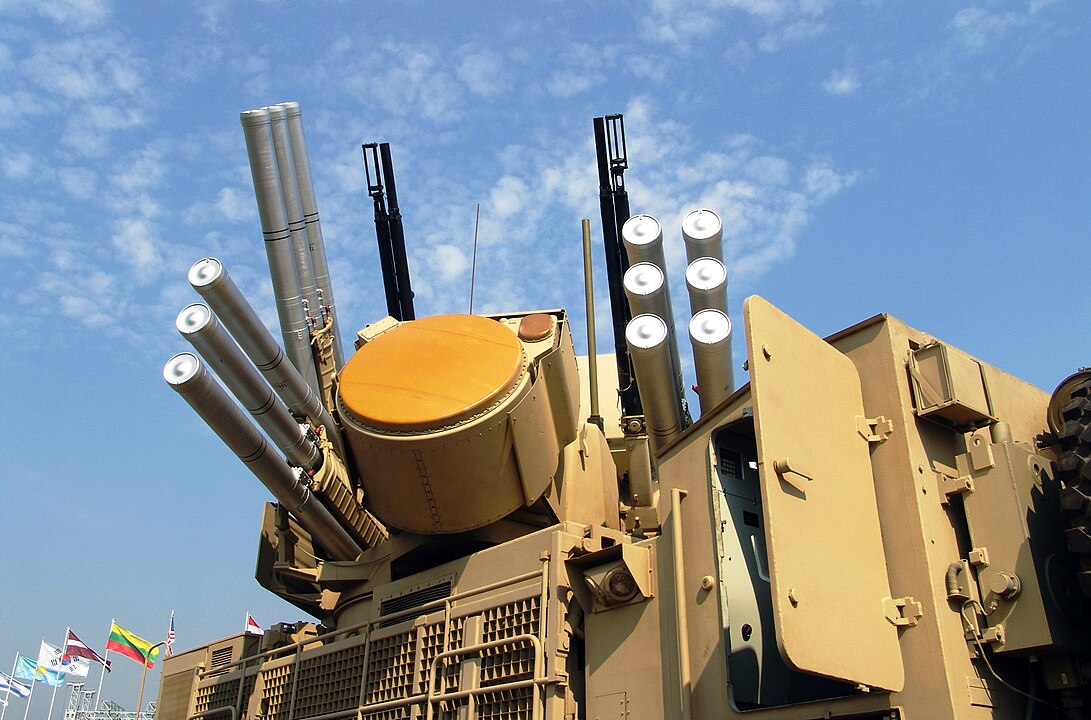PICTURED: Fu Cong, Director‐General of the Department of Arms Control of Ministry of Foreign Affairs for the People’s Republic of China, is seen during the 2019 Comprehensive Test-Ban Treaty in New York City, USA on September 25, 2019. Photo credit: Official CTBTO Photostream. CC 2.0.
BEIJING, China. July 9th, 2020. Director-general of the arms control department of the Chinese Ministry of Foreign Affairs, Fu Cong, told reporters in Beijing that Russia and the United States must reduce their nuclear capabilities to the levels maintained by China if they expect her to join in the New START treaty discussions.
The New Strategic Arms Reduction Treaty, or New START is a flagship nuclear disarmament treaty that is slated to expire on February 2021. After several years of allowing the Cold War-era safeguards established by premiers and presidents of the past to expire, New START is the last remaining constraint on the nuclear weapons programs of the great powers.
Talks to renew the treaty began in June in Vienna between the U.S. and Russia, but the delegations agreed that any limitations would only be agreed upon if China would join them in trilateral negotiations.
“I can assure you, if the US says that they are ready to come down to the Chinese level, China would be happy to participate the next day,” said Fu Cong. “But actually, we know that’s not going to happen”.
The United States and Russia maintain 90% of the world’s nuclear arsenal, with each possessing several times more firepower than the other nuclear powers of Pakistan, Israel, India, North Korea, France, Britain, and China put together. The U.S., who has recently shifted military focus significantly to what the National Defense Strategy of 2018 describes as “great power competition,” is participating in a conventional and nuclear build up in the Indo-Pacific, and possesses an arsenal 20-times larger than the Chinese capability.
STARTing off on the wrong foot
New START, which entered into force on February 5th, 2011, limits the number of warheads, bombs, and launchers that any nation can have strategically deployed, to no greater than 700 missiles, heavy bombers, and submarines capable of delivering a nuclear weapon, as well as another 800 that can be deployed or non-deployed, and 1,550 actual nuclear warheads.
The United States has 1,365 capable of firing at any moment with another 3,800 in stockpile. These numbers are roughly the same for the Russian Federation. In contrast, Beijing had around 290 last December, all of which according to the State Department of the U.S. and the Stockholm International Peace Research Institute, are in stockpile and not mounted on launchers, missiles, submarines, or bombers.
Likely some are however, and unlike the New START inspection agreement whereby parties can conduct examinations and surveys of the other’s nuclear weapons, China has no such obligations.
Fu Cong explained that considering this discrepancy in power, in asking China to participate in trilateral negotiations, the U.S. considers New START “nothing but a ploy to divert attention” and to create another reason to allow the U.S. to abandon the treaty.
“The real purpose is to get rid of all restrictions and have a free hand in seeking military superiority over any adversary, real or imagined,” Fu said, according to Taipei Times.
In late June, “marathon talks” were held in Vienna between Russia and the United States’ arms control experts and other senior diplomats which resulted in the settling of “technical working groups,” who would delve deeper into the various topics and grievances each side has with the treaty.
Marshall Billingslea, the special envoy for arms control under Trump, suggested the working groups were the right way forward to ensuring another round of talks in August.



